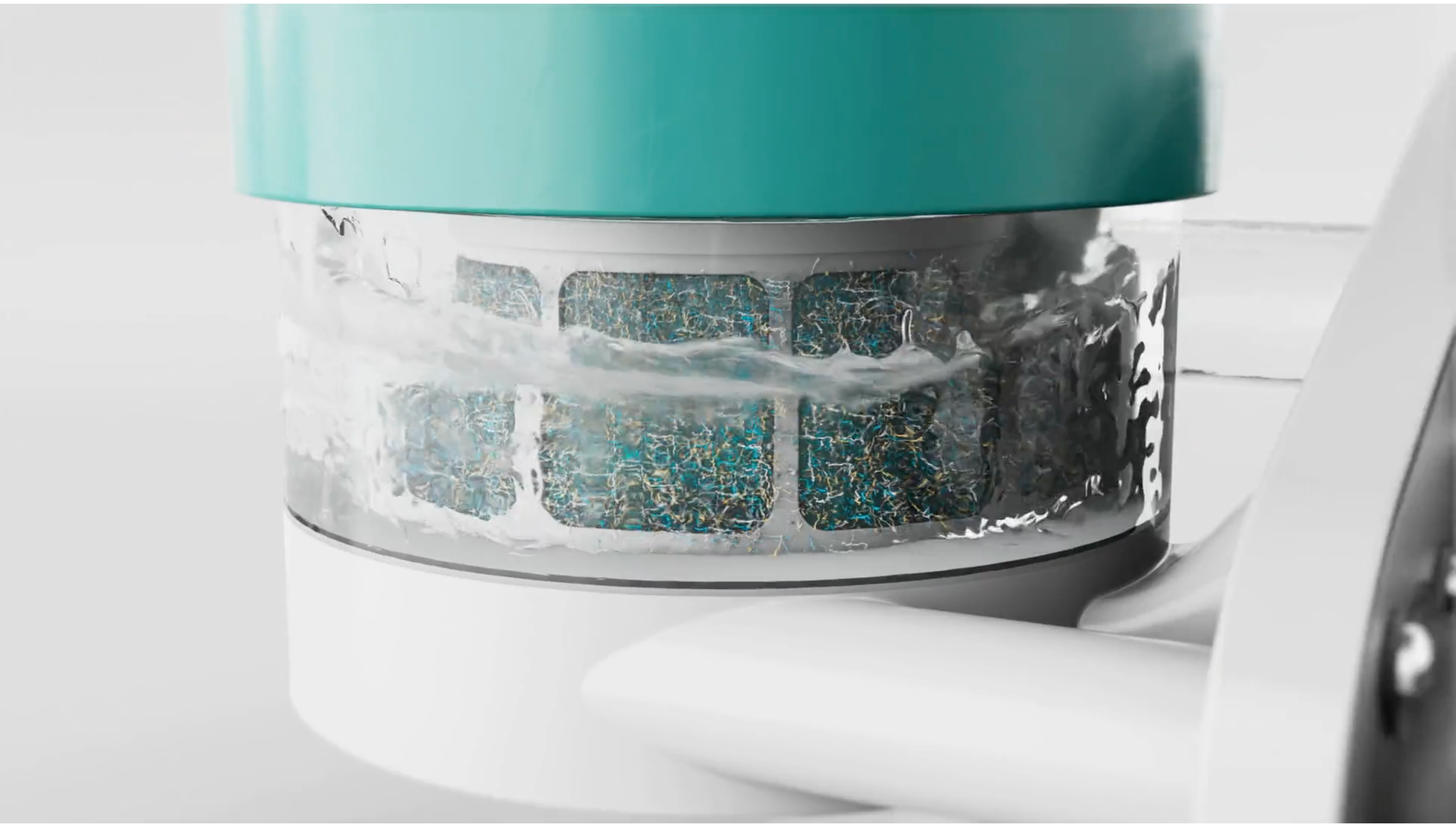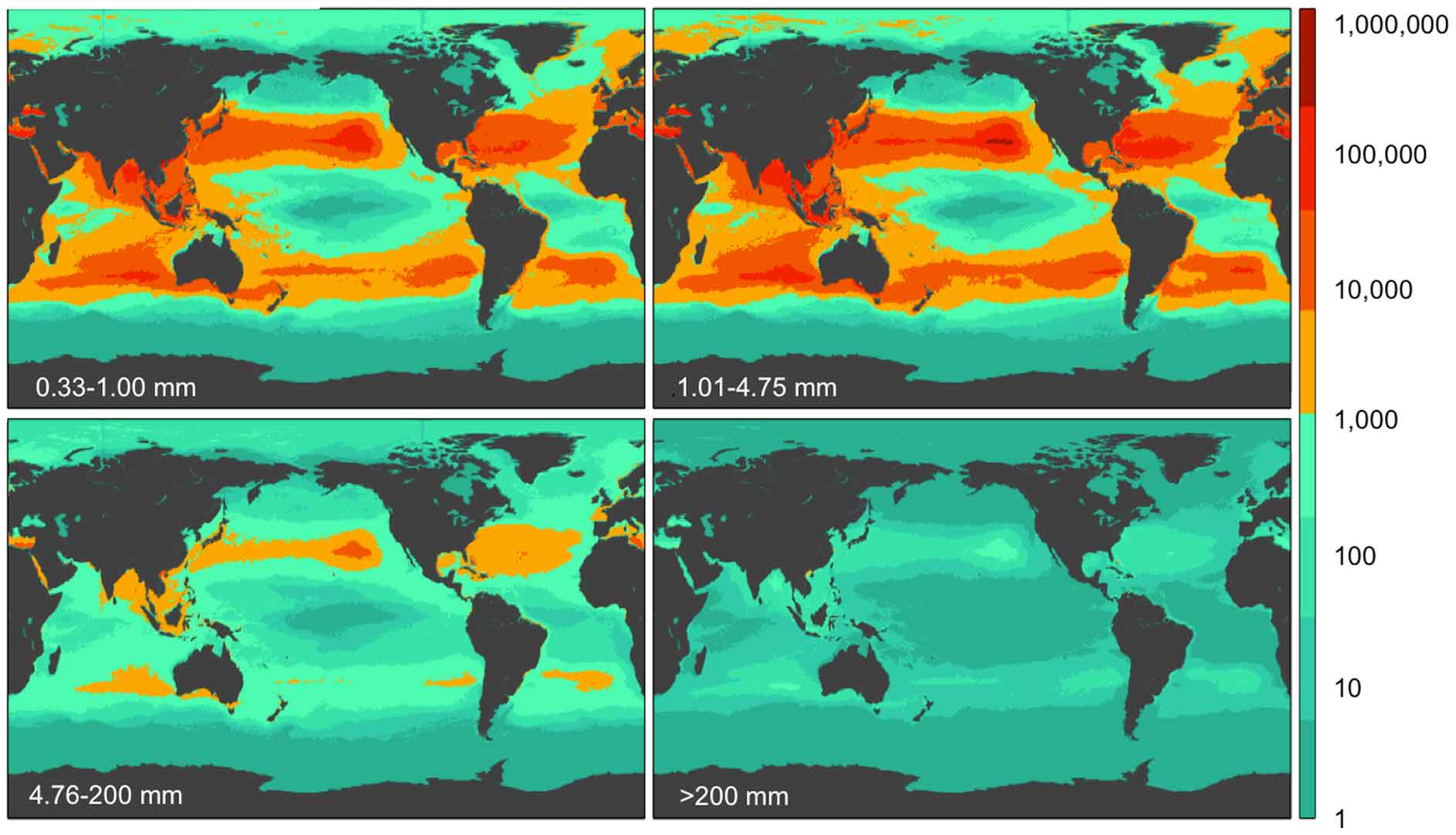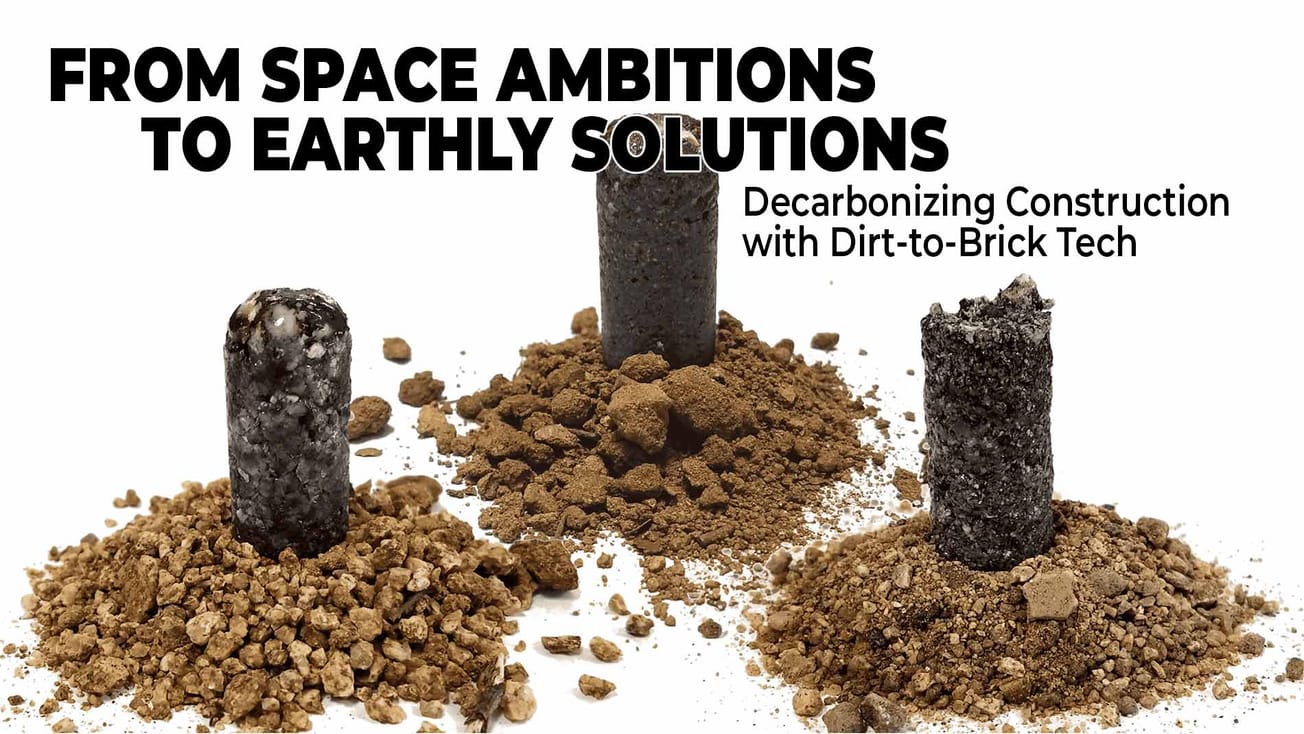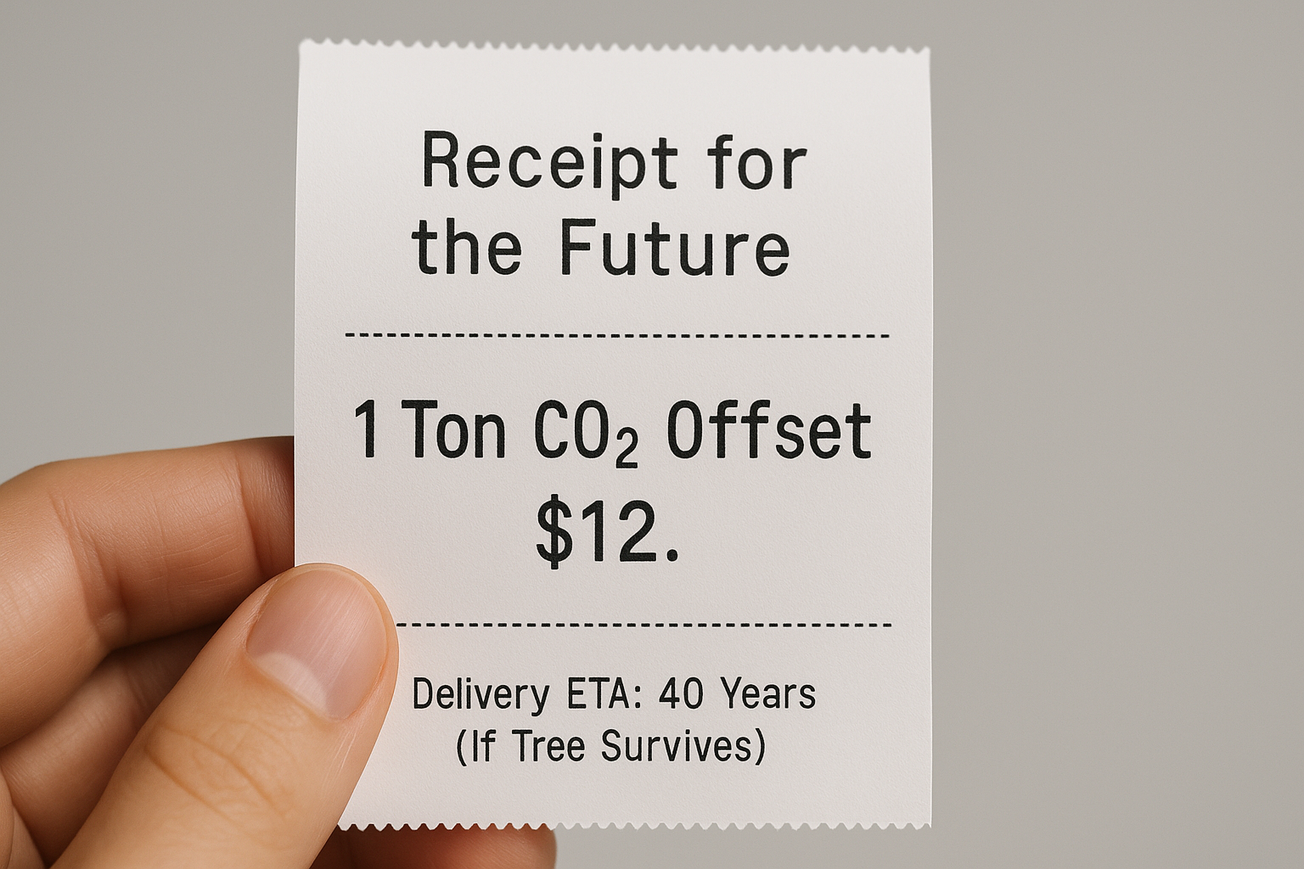Matter, founded by mechanical engineer Adam Root, has developed a microfiber filtration technology, Regen, that can be integrated into washing machines to prevent plastic fibers from entering wastewater and ultimately polluting oceans and waterways. Regen is being deployed to capture microplastic pollution from domestic and commercial laundry.

Micropollution is a huge problem not only for our oceans and aquatic life, but also to our human health as blockages to our vital systems. Recent studies have shown micro and nanoplastics were found in 60% of patients with asymptomatic severe carotid stenosis. It makes you four times more likely to have a cardiovascular event.
Root says Matter’s goal is to solve this problem by turning off the tap of material through new technology, educating brands and manufacturers and changing the law to make this illegal.
Root, a former Dyson engineer and surfer passionate about ocean conservation, started Mater to address the two million tons of microplastic pollution shed by textiles each year.
Source: De Falco, F., Di Pace, E., Cocca, M. et al. The contribution of washing processes of synthetic clothes to microplastic pollution. Sci Rep 9, 6633 (2019).
The company's patented filtration system captures microfibers while allowing washing machines to operate efficiently, a potential game-changer as research increasingly shows the pervasiveness of microplastics in the environment and their impacts on human health and marine life.
Root sees preventing microplastic pollution at the source as critical before tackling the monumental challenge of cleaning up what's already accumulated in oceans and across the planet. Matter is now working to integrate its technology directly into new washing machines and to expand into filtering industrial textile and municipal wastewater - aiming to turn off the tap on a major source of plastic waste.

Better Worlds brings to you this episode of the podcast Hardware to Save a Planet with Dylan Garrett. Find out more about this new filtration technology and its impacts.
Matter is working to solve these core issues:
1. Ingestion by marine life: Microplastics are consumed by organisms at the bottom of the food chain, which then accumulate up the food chain as larger animals consume the smaller ones. This can lead to issues like reduced stomach capacity and chemical contamination in marine life.
2. Chemical pollution: Plastics are very effective at absorbing and carrying toxic chemicals. When microplastics pass through wastewater treatment plants, they can absorb pollutants and carry them into the environment.
3. Human health impacts: Microplastics have been found in human blood and have reached the blood-brain barrier, creating health concerns, such as changes to the nervous system and links to infertility, associated with human exposure to microplastics.
Learn More: https://matter.industries/
ABOUT DYLAN GARRETT
Dylan Garrett is the Head of Climate Tech Business at Synapse, part of Capgemini Invent. He is also the host of the podcast Hardware to Save a Planet. Dylan works with companies leveraging hardware technology to fight climate change with solutions that range from carbon dioxide removal, water conservation, waste management, energy storage and production, and beyond. With a love of nature that stems from an upbringing in the Rocky Mountains and a background in mechanical engineering, he is driven by a belief that hardware innovation is necessary to reduce global warming.











